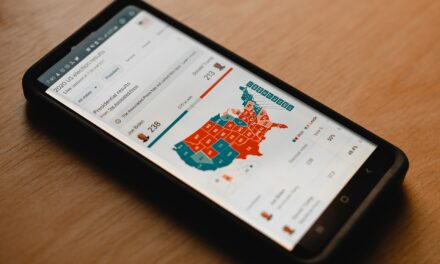Local Government spending decisions impact our daily lives in perhaps the most immediate sense: how much a bus ticket costs; what days the local library is open; and is it Tuesday or Wednesday that the recycling is collected? In the UK, different levels of Local Government Authorities share these responsibilities – county, district, borough and town councils all giving these decisions democratic accountability. Just like at the national level, you vote for a candidate with manifesto that includes spending priorities; if you don’t think they met their commitments, or prefer other proposals, you can vote someone else in next time.
In France the pattern is similar – you have regional, departmental and municipal councils, each with specific spending remits and voted in roughly every five or six years. What’s interesting is that over the last ten years, French councillors have sought to give more power to their constituents; using digital platforms to allow residents to vote every year on how part of their taxes are spent.
In the early 2000s, many French local councils were hosting discussion forums on their websites, asking residents to give ideas on how to make their town squares more attractive to tourists, or who they would like to come play at the local music festival, or what support local businesses needed. These fora weren’t the kind of formal consultation you get with planning applications, but rather something you could drop in or out of, with less of an entrance barrier given they were online and the topics weren’t too technical; and most importantly, you could message other residents too, and come up with ideas together. But at the same time there wasn’t much of a guarantee that your suggestions would make the final cut.
This changed in the 2010s. In 2014, nationwide municipal elections returned several councillors in big cities who had all stood with a similar promise: to organise a ‘participatory budget’. The new mayors in Paris, Grenoble, Rennes, Metz, and Montreuil all committed to dedicating a small part of their budgets to a new yearly voting process, where constituents would submit proposals, campaign for them, and then after a vote, the most popular ideas would be made reality by Town Hall. Quickly, local public officials realised that the scale of the exercise (Paris counted over 2.2 million residents in 2014, and even a smaller town like Rennes had a population of almost 220,000) meant that, if properly designed, online platforms would be the most efficient way to involve as many people as possible.
France’s thriving ‘civic tech’ and e-governance sectors rushed to meet the challenge; including companies like ‘Cap Collectif’, which helped the French Parliament write its first ever law online in 2016, allowing citizens to submit their own amendments; as well as virtually hosting President Macron’s ‘Grand Debate’ more recently. At a local level, participatory budgeting websites popped up like mushrooms – Rennes, Paris and Montreuil are but a few examples. The aim was never to make them digital-only, as mayors would organise public meetings where residents could talk in person about their proposals. But having a website where you could submit an idea, look at everybody else’s proposals and then vote on them clearly made it more accessible. House of Commons Library research shows that in the UK people aged 18-24 are the most likely to say they haven’t taken part in political activity, like voting or signing a petition. And yet in France you have school classes and university students coming together with parents, pensioners and residents’ associations to suggest ideas, both retro and innovative, like outdoor cinemas, mosaic-decorated public gardens inspired by the Park Güell in Barcelona, or public benches with bike pedals that allow you to charge your phone.
There are now around 140 towns in France that have launched their own participatory budgets, in the wake of success stories like Paris, where nearly 10% of the city’s population took part in 2018. In the age of ‘mass-communicators’, to paraphrase Manuel Castells, we all have the potential to be mini-campaigners in some way; when you are given the opportunity to come up with ideas on how to make your home town a nicer place to live in, and a virtual forum to debate and vote on them, it certainly feels like tech can help enhance local democracy.
In the UK, Scottish local authorities have been leading the way on participatory budgeting. This precise form of public consultation might not be a fit for every council; but using digital in a collaborative way could really help invigorate public participation across the country.




